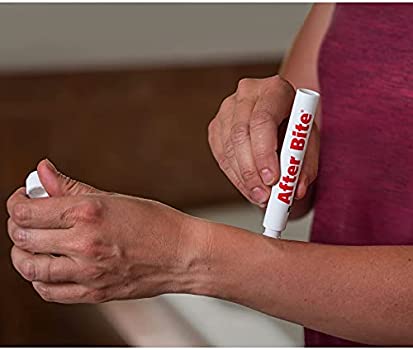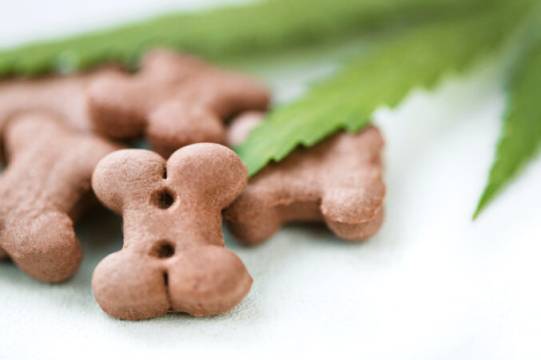Has your dog eaten zeolite? Are you worried zeolite can make your dog sick? If so, then you’ve come to the right place. It’s scary when our fur babies eat things that could be harmful. So, we’ve put together some information to help you right now.
Connect with a verified veterinarian in minutes. Licensed vets are available 24/7 to answer your questions. No need to worry about your furry family member.
In this article, we’ll take a look at zeolite and what it is, how it’s used, and whether or not it can make your dog sick. Let’s get started!
What is Zeolite?
Zeolite is a very interesting material that can be either natural or man-made. Natural zeolite is formed by volcanic action when lava flows into salt or freshwater. Zeolite is a microporous mineral that contains absorbents and catalysts. These porous tones can also contain sodium, calcium, and magnesium.
Zeolites are used for many different purposes, including construction, aquariums (to filer ammonia from the water), agriculture, and even space research. They’re also used in both human and veterinary medicine. Zeolite is also sometimes used in cat litter that “clumps” together.
When it comes to using in veterinary medicine, the application of zeolite may be used to treat cancer and other medical issues. They’re also sometimes used to rid animal’s systems of toxins such as heavy metals and more. While zeolites may not heal a health condition, they do remove harmful toxins from the body. They’re also said to regulate the pH of the body to a more alkaline state, which can help the body heal itself.
But can zeolite make your dog sick?
Zeolite & Dogs
In its natural form, zeolite is considered safe by the FDA. It is not considered toxic. However, if a dog eats cat litter that’s made with zeolite, this is a different matter. Because the cat litter is made to clump, it’s possible the zeolite cat litter could cause an obstruction in a dog’s intestines if enough of the material was eaten.
An obstruction in the intestines is a very serious health condition. Left untreated, a bowel obstruction can lead to death.

Review symptoms, medications & behavior to keep your pets healthy with a Vet Online in just minutes.
Ask a Vet Live NowSymptoms of a Bowel Obstruction in Dogs
If your dog has eaten zeolite cat litter, then you may notice these symptoms:
- Diarrhea
- Vomiting
- Constipation
- Lack of appetite
- Abdominal pain & swelling
If your dog is showing any of these symptoms, then call the vet immediately. This is a life-threatening medical emergency. Your dog needs treatment now.
Be sure to bring the container of cat litter along to the vet. The vet will be able to read the ingredients on the package, which may help to treat your dog’s symptoms.
Treatment of a bowel obstruction can sometimes lead to emergency surgery. This is done to remove the blockage safely. In most cases, dogs who are treated promptly will have a full recovery. So getting your dog to the vet is essential.
Connect with a verified veterinarian in minutes. Licensed vets are available 24/7 to answer your questions. No need to worry about your furry family member.

Julie
Julie is a graduate of the University of North Carolina, Wilmington, where she studied Animal science. Though contrary to the opinion of her parents she was meant to study pharmacy, but she was in love with animals especially cats. Julie currently works in an animal research institute (NGO) in California and loves spending quality time with her little cat. She has the passion for making research about animals, how they survive, their way of life among others and publishes it. Julie is also happily married with two kids.
Review symptoms, medications & behavior to keep your pets healthy with a Vet Online in just minutes.
Ask a Vet Live Now




